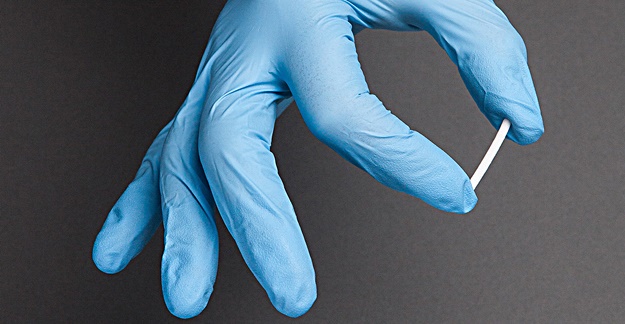The FDA has approved the first-ever implant to treat opioid dependence, and advocates contend that Probuphine will help many addicts who either have trouble sticking with withdrawal treatment or who abuse the drug contained in it.
Probuphine is actually 4 tiny rods the size of matchsticks that are placed under the skin of the upper arm. Each rod contains buprenorphine, an anti-addiction drug designed to ease cravings, that is already available as a pill or in a film that dissolves in the mouth. Probuphine is designed to administer buprenorphine steadily over a six-month period.
However, people cannot get the implant until they are already stable with low doses of buprenorphine.
The FDA’s decision comes after an agency advisory committee voted 12 to 5 in favor of approval. However, some members of the committee expressed concerns over Probuphine.
Chief among these concerns is the price tag. Although Braeburn Pharmaceuticals, which developed Probuphine, has publicly declined to give the monthly cost, several reports have stated it could cost upwards of $6,000 for the six-month treatment.
Other questioned whether Probuphine was indeed safe and effective. In a clinical trial, some people need supplemental buprenorphine to see result, and indication that the dose in the implant was too low.
The most common side effects seen in patients taking Probuphine in trials were implant-site pain, itching, and redness, as well as headache, depression, constipation, nausea, vomiting, back pain, toothache and pain in the throat. There is also a risk of nerve damage with insertion and removal of the implant.
“Scientific evidence suggests that maintenance treatment with these medications in the context of behavioral treatment and recovery support are more effective in the treatment of opioid use disorder than short-term detoxification programs aimed at abstinence,” Nora Volkow, MD, director of the National Institute on Drug Abuse at the National Institutes of Health, said in a statement.
Only doctors who have gone through special training can actually give the implant to patients. Already, about 2,250 of them have enrolled for the training.







